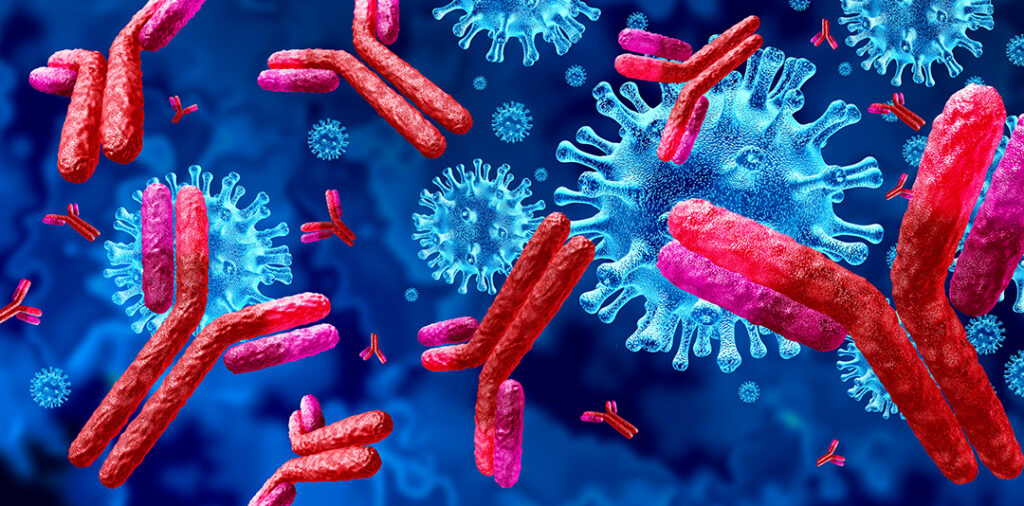ADF STAFF
Among the waves of misinformation about COVID-19, one staggeringly false claim is that the virus does not harm a person’s immune system.
According to Dr. Lara Herrero, a researcher in virology and infectious disease at Griffith University in Australia, there is mounting evidence that suggests that people who have recovered from COVID-19 may be at risk of contracting other infectious diseases.
That might be because COVID-19 has damaged a patient’s immune system, affecting their ability to fight other viruses and pathogens, Herrero wrote in The Conversation.
Some COVID-19 survivors have developed serious autoimmune diseases, which occur when an overactive immune system attacks the patient, rather than the virus, according to the U.S.-based Kaiser Health News (KHN). It began happening early in the pandemic.
In March 2020, doctors in Italy detected Guillain-Barré syndrome in COVID-19 survivors. The syndrome can cause muscle weakness or paralysis as the immune system attacks nerves in the body. Throughout the world doctors have diagnosed COVID-19 survivors with immune-related bleeding disorders and blood clots that can lead to stroke, KHN reported.
“Covid is deranging the immune system,” John Wherry, director of the Penn Medicine Immune Health Institute in the United States, told KHN. “Some patients, from their very first visit, seem to have an immune system in hyperdrive.”
According to James Heath, a professor and president of Seattle’s Institute for Systems Biology, immune players known as “helper T cells” usually help antibodies mature. About 10% to 15% of hospitalized COVID-19 patients Heath studied had high levels of helper T cells after the infection cleared.
Heath is trying to determine whether it is the helper T cells that lead to chronic illness or symptoms of autoimmune disease post-COVID-19.
“These T cells are still there months later and they’re aggressive,” Heath told KHN. “They’re on the hunt.”
According to the World Health Organization, up to 65% of people living in Africa have contracted COVID-19, although 67% of those infected showed no symptoms. The true number of infections on the continent likely is many times larger than confirmed cases. That makes it hard for researchers to determine the prevalence of post-COVID-related diseases and infections.
Some misinformed people also continue to believe that the condition known as long COVID does not exist.
A study published in the journal Clinical Infectious Diseases found evidence that some long-COVID sufferers’ immune systems still were fighting the spike proteins that the virus uses to invade cells as much as a year after the original infection.
By some estimates, about a quarter of people who recover from COVID-19 develop symptoms connected to long COVID. Long COVID appears to involve a range of about 200 different symptoms involving several organs of the body. It has been linked to heart problems, breathing difficulties and blood clots.

